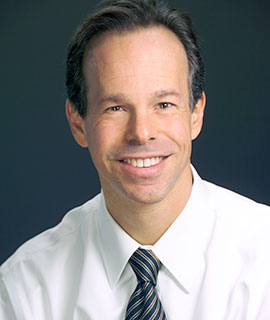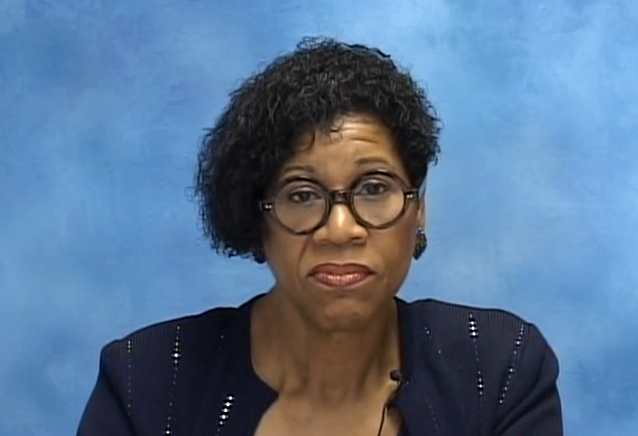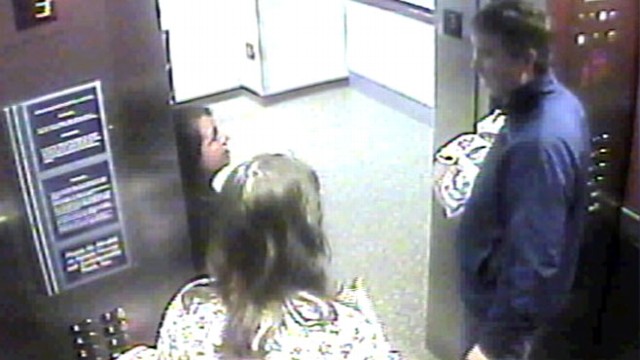This post is a two-parter and I struggle to figure out which part is more important. First, an appellate court in New York has finally stuck a fork in the “independent” medical exam. It is dead and gone.
Second, the same court in the same decision has stated that the human body is not capable of spoliation. I’ll deal with that quirky part first (though each is worthy of a separate post).
It’s been a recent trend by some defense lawyers to claim that a personal injury plaintiff could not get surgery to fix their condition. Unless it was an emergency. They had to first give defendants a chance to have the person examined before the plaintiff’s body was changed, or in the words of the law, “spoliated.” And if there is spoliation, then sanctions can be imposed.
And some lower courts bought that argument.
But in Gilliam v.UNI Holdings, a unanimous panel of the Appellate Division (First Department) said no way, you can’t give spoliation sanctions for people getting their bodies fixed after the defendants broke them:
We now reverse and hold that the condition of one’s body is not the type of evidence that is subject to a spoliation analysis. And, to the extent that these lower court decisions hold that spoliation analysis encompasses the condition of one’s body, they should not be followed… To so hold would improperly subject a plaintiff’s health condition to an unsuitable legal analysis. Instead, a failure to appear for an ME, regardless of whether the failure to appear is preceded by medical treatment for the condition at issue, should be analyzed the same as other failures to comply with court-ordered discovery.
Did you see that “ME” in there? That stands for medical exam. I’ll get to that part in a minute.
But first, as rationale for why you can’t “spoliate” the human body the way you could with the destruction of documents, devices, electronic evidence and a wide variety of equipment ranging from treadmills to chairs, the court held:
The state of one’s body is fundamentally different from inanimate evidence, and medical treatment, including surgery, is entirely distinct from the destruction of documents or tangible evidence which spoliation sanctions attempt to ameliorate. To find that a person has an “obligation,” to preserve his or her body in an injured state so that a defendant may conduct an ME, is antithetical to our belief in personal liberty and control over our own bodies.
People should not be forced into the “absurd” situation of being forced to forego surgery to heal themselves because a lawsuit is pending, says the court:
Plaintiffs must be free to determine when to undergo medical treatments based on personal factors such as doctor’s advice and their specific pain and discomfort level. It would be absurd for courts to require a plaintiff to forego surgery (or other medical treatment) for an injury so as not to potentially compromise a lawsuit against the party(s) alleged to have caused the injury.
Now on to that part about the “ME.” For as long as I have practiced law — and I am coming up on 36 years since I was admitted to the bar — defense lawyers and the courts have insisted on using the phrase “independent” medical exams (IME) to refer to exams that defendants were entitled to in order to assess the damage to the human body or mind after a collision or other mishap. When you place your body in issue in a lawsuit, after all, you waive any confidentiality for those particular body parts and the defendants are entitled to have a doctor examine those parts.
But it was never independent. We all knew this. These were not, after all, doctors hired by the courts. They were hired by the defendants as part of litigation.
Back in 2013 I did a series of posts on Quickie Medical Exams that last, often, no more than a few minutes at most so that a doctor could testify that the injured plaintiff wasn’t really hurt, or had fully recovered. It was, and often continues in my opinion to be, a flat out scam and form of insurance fraud (one that favors the insurance company).
Routinely over the years I have struck the word “independent” from the forms for routine discovery orders, insisting they be called Defense Medical Exams or Medical-Legal Exams. I first wrote about this in 2009 (2009!) when I asked Is the “Independent” Medical Exam Dead?
I wrote it because of a dissenting opinion from this same court, the First Department, where Justice McKeon asked a question that former Chief Judge Lippman had already asked (also in dissent):
…the “independent” prong of the term, has long been winked at by the bench and bar. Few consider the physical examination conducted for purposes of litigation as independent; indeed, one court has described it as part of the “adversarial process” (Bazakos v Lewis, rev’d on other grounds) with Chief Judge Lippman forthrightly observing that “[t]hese exams, far from being independent in any ordinary sense of the word, are paid for and frequently controlled in their scope and conduct by legal adversaries of the examinee (id. at 6 [Lippman, Ch. J., dissenting).
At that time I prognosticated:
So let me be the first to proclaim that the “independent” medical exam is dead. Sure, it may still take a few years to see it buried altogether, but make no mistake about it, it is on an irreversible course to the trash heap of litigation history.
And now it is dead. For reals. There is no longer a question mark on the issue, at least in the First Department (New York and Bronx counties). It seems unlikely that any other appellate department would continue to claim such exams are “independent.” The dissents of Lippman and McKeon have won the day. The First Department now says:
It should also be noted that defendant has mischaracterized the nature and role of “independent” MEs in personal injury litigation, presumably to cast plaintiff’s surgery as an egregious and sanctionable act. Such examinations “far from being independent in any ordinary sense of the word, are paid for and frequently controlled in their scope and conduct by legal adversaries of the examinee. They are emphatically not occasions for treatment, but are most often utilized to contest the examinee’s claimed injury and to dispute the need for any treatment at all” (Bazakos v Lewis, 12 NY3d 631, 638 [2009] [Lipman, Ch. J., dissenting]). Viewed in this context, an ME is simply one piece of evidence in a personal injury action.
So the Gilliam case addresses two significant issues. The first is somewhat limited and a little bit quirky — the issue of spoliation of the human body.
But the second is significant to all personal injury actions where the plaintiffs are examined. No more should a court refer to these exams — either in decisions or in front of jurors — as independent.
They aren’t. And they never were. And we should no longer be asking if the “independent” medical exam is dead. It is. Good riddance.



